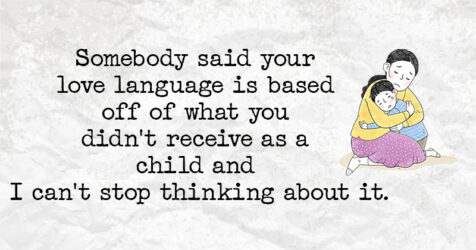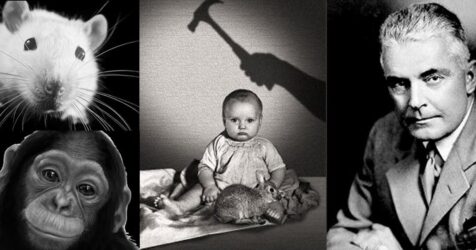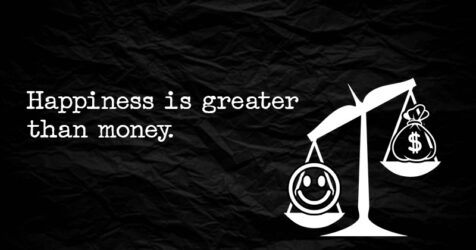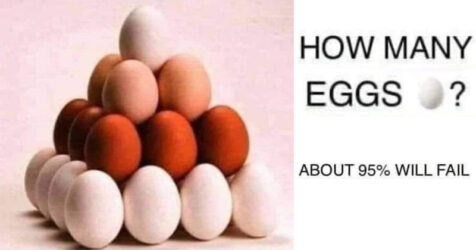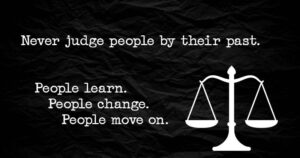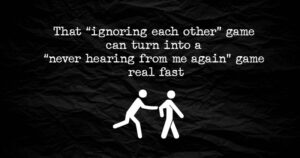What makes you happy?
Is your love language what you lack?
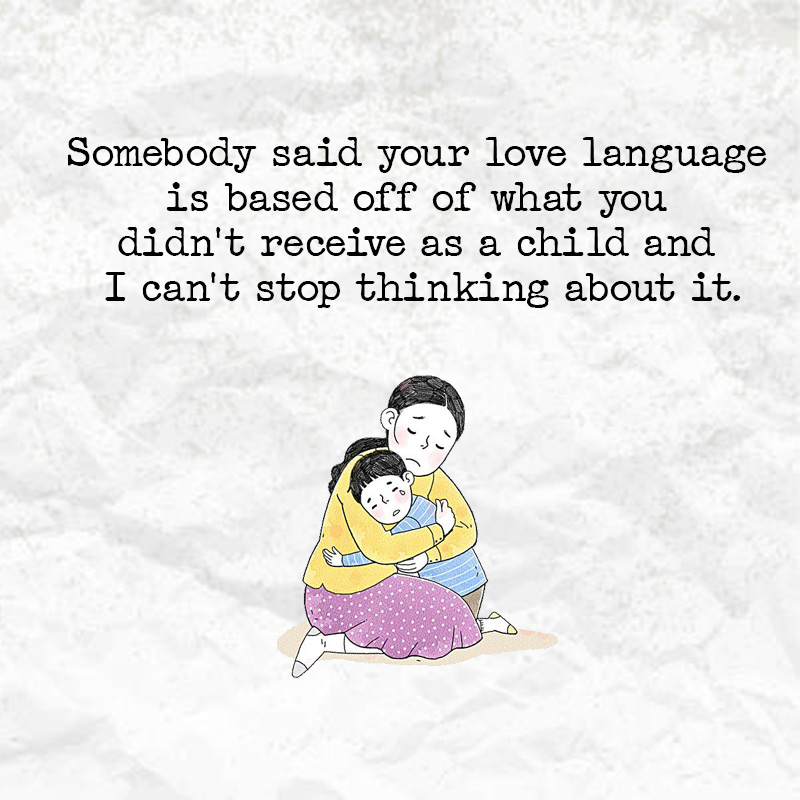
For years, it’s been said that the key to understanding what makes you happy is to learn your love language. Gary Chapman wrote several books about the topic (and a few children’s books for some reason, including The Kissing Hand). Still, there are several other love languages out there that don’t get as much publicity. But that’s not what we want to talk about today. Rather, we want to know if these love languages stem from what we lack as children. So, although love languages can tell you your needs in any relationship, they also tell you what you’ve always lacked all along. Safe to say, it’s the deficiency of the soul, one that makes you crave it from someone else.
Reiteratively, your love language can tell you what you value most from your relationship. However, if your love language tells you your values, then it has a more psychological undertone. Think about it – if you value something so much it alters the way you receive and gives love, then it’s safe to say your love language is what you lacked throughout your childhood and growing up. But at the end of it all, don’t we all want we never had?
For individuals with a busy schedule, showing them how much you love them rather than telling them would be cherished. If you lack free time for yourself, then for you, it’s all about actions speaking louder than words. It means the act of service is what makes you feel loved. In a relationship, you probably love it when your partner helps with the dishes, does grocery runs, and does other small favors.
For some, the words of encouragement, support, and affirmation are the things they love. If you’re that type, then it could be that you lacked those words in your childhood. “you’re doing a great job,” “well-done,” these are words you didn’t hear while growing up. So, if you were never commended while growing up, then it’s likely you value little things such as celebrations or commendations. When we do something worth praising, we want to be congratulated.
Physical touch keeps all humans connected. We let babies wrap their tiny hands around our fingers and squeeze their cheeks. As babes, we craved the touches of our loved ones. As babies, we long for this form of love. If you love language is physical touch, then chances are, you didn’t receive enough of it as you should. But miss that warmth. Think about it, how well does a hug feel after a long day?
At the end of it all – love languages are meant to let you know how to receive love. However, they also tell you what you lack from the start. We all have that imbalance-type of feeling, especially in some areas of our lives: whether it’s not receiving enough physical touch or enough praise. In short, our love languages show what we lack emotionally. So, your love language is based on what you didn’t receive as a child.

